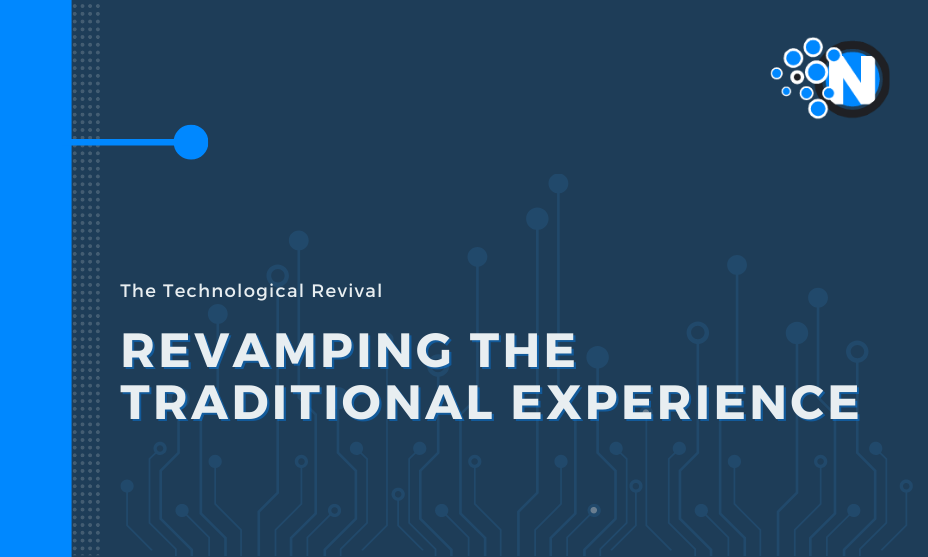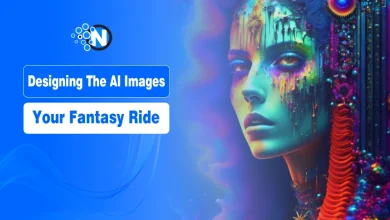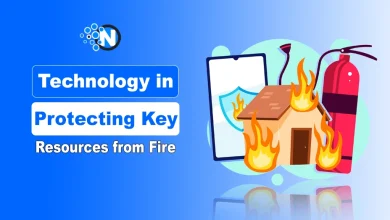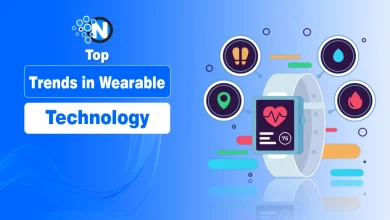The Technological Revival – Revamping the Traditional Experience
The advent of advanced technology started in a new era, having a transformative impact on traditional experiences that were once cornerstones of daily life. Our perception of these experiences is evolving rapidly, effectively leading to a technological renaissance that blurs the line between the physical and the digital. The world as we know it is being transformed, enabling people to interact, shop, entertain, and even play in ways that were once deemed inconceivable.
Tech Innovations Reinventing Traditional Experiences
Digital technology has introduced a significant shift in our interaction with various retail, entertainment, and more sectors. In the retail sector, for instance, brick-and-mortar stores are being eclipsed by eCommerce platforms. Today, we can browse a digital catalog, place an order, and have items delivered to our doorsteps without stepping out of the house. This convenience, coupled with advanced features like virtual fitting rooms and personalized recommendations, has revolutionised the shopping experience.
Entertainment is another sector where technology has revamped traditional norms. Streaming services like Netflix and Spotify have supplanted the conventional model of movie theatres and record stores, providing a plethora of content at our fingertips. Similarly, traditional board games have evolved into sophisticated online multiplayer games, offering a more interactive and immersive experience.
From Physical to Digital
The shift from physical to digital extends far beyond retail and entertainment. Even age-old recreational activities, traditionally rooted in physical locales, have embraced the digital wave. One such example is the casino online, which encapsulates the transformative power of technology.
By translating the thrill of the gambling floor to the virtual world, online gambling establishments have allowed enthusiasts to enjoy their favourite games without geographical or temporal limitations. This digital reinvention respects the spirit of the original experience while adding a layer of convenience and accessibility.
The Future of Digital Transformation
As we look forward, digital transformation promises even more groundbreaking innovations. Artificial Intelligence is set to personalise experiences further, from suggesting our next movie to predicting our shopping needs. Virtual Reality is on the cusp of mainstream adoption, with the potential to create fully immersive digital experiences, from virtual tours of foreign locales to holographic concerts. Blockchain, meanwhile, offers the potential for secure and transparent digital transactions, paving the way for decentralised marketplaces.
These are not distant dreams but realities already being integrated into our lives. For instance, AI chatbots are now common in customer service, while VR is making headway in fields like real estate and tourism. The emergence of NFTs (Non-Fungible Tokens), powered by blockchain, is already reshaping the art and collectibles market.
Read Also:Artificial Intelligence in Drone Technology
Empowering Learning Through Technology
The traditional education system has seen remarkable transformations due to the integration of technology. Education 2.0 is all about providing interactive and personalized learning experiences that cater to individual student needs.
Online learning platforms and Massive Open Online Courses (MOOCs) have democratized education, making it accessible to learners worldwide. Students can now learn from top instructors and institutions, breaking the barriers of distance and affordability. Additionally, adaptive learning technologies analyze students’ progress and adjust the course material to suit their learning pace and style.
Beyond virtual classrooms, technologies like augmented reality and gamification are revolutionizing education by making it more engaging and immersive. Concepts that were once considered abstract are now brought to life through interactive experiences, enhancing knowledge retention and understanding.

The Travel and Hospitality Renaissance
The travel and hospitality industry has embraced technology to cater to the demands of modern travelers. From planning a trip to the actual travel experience, technology has become an integral part of the journey. The travel and hospitality industry has embraced technology to meet the evolving demands of modern travelers. Whether planning a trip to France to visit the Eiffel Tower or embarking on a historical Band of Brothers tour, technology has become an essential companion throughout the journey, enhancing every stage from preparation to the travel experience.
Online travel agencies and booking platforms have simplified the process of finding and reserving accommodations and flights. Moreover, mobile apps have become travel companions, providing real-time information, maps, and local recommendations.
Artificial Intelligence is also revolutionizing the hospitality sector, with chatbots providing instant customer support and personalized recommendations. Hotels are adopting smart room technology, allowing guests to control room amenities through their smartphones.
Additionally, the integration of biometrics and contactless technologies has enhanced security and streamlined airport and hotel check-ins, making travel safer and more efficient.
Enhanced Connectivity in Communication
Communication is the lifeblood of businesses, and technology has revolutionized this aspect by providing enhanced connectivity. The internet and advancements in telecommunications have bridged the gap between individuals and businesses worldwide.
Video conferencing, instant messaging, and collaboration tools have facilitated seamless communication, breaking down barriers of distance and time zones. This improved connectivity has boosted productivity and strengthened relationships with clients, partners, and employees.
Embracing the Dawn: Charting the Course of Technological Evolution
The ongoing technological renaissance, transforming our interaction with the world, shows no sign of slowing down. It continues to revamp traditional experiences, innovatively blending the physical and the digital. As we witness the dawn of AI, VR, and blockchain among other advancements, it’s clear that our engagement with everyday experiences will continue to evolve.
Far from being an intrusion, this revolution has breathed new life into age-old practices, augmenting human experience in exciting and unimaginable ways.
Conclusion
The technological revival is not just a passing trend; it is a fundamental shift that is shaping the world we live in. From e-commerce and education to healthcare and manufacturing, technology has breathed new life into traditional practices, opening up endless possibilities for innovation and growth.
As businesses and industries continue to embrace these advancements, those who adapt quickly and effectively will emerge as leaders in their domains. The technological revolution is an opportunity for progress, efficiency, and inclusivity. Embracing change and leveraging technology will undoubtedly be the key to success in the digital era.





